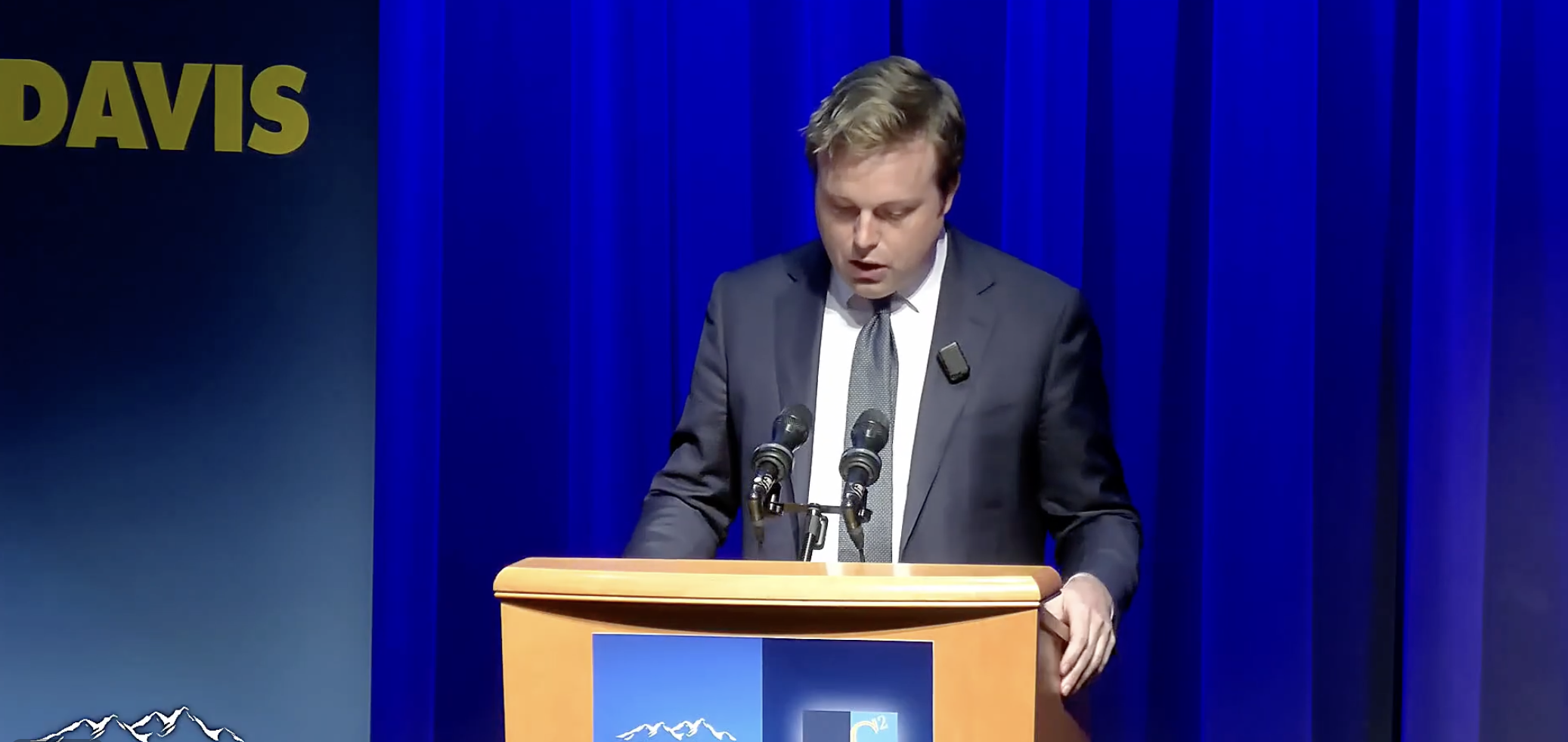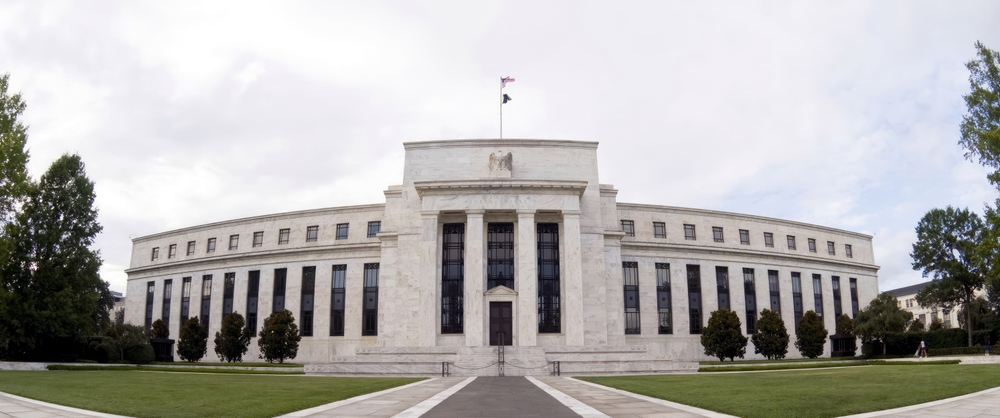
The Betrayed Consumer
The solution is not anti-business rhetoric but pro-competition policy.
Americans are losing faith in capitalism. Not because markets stopped creating prosperity, but because too many big firms now profit from politics. A new Gallup poll finds support for “capitalism” at a fifteen-year low, yet the public’s anger is really aimed at crony capitalism or corporatism: when industries thrive by subsidies, mandates, and regulatory favoritism rather than by serving customers. In a functioning free market, profit is payment for meeting consumers’ needs. In a politicized market, profit is payment for currying favor with policymakers and mastering the appropriations process. The classical liberal task is to disentangle capitalism from corporatism so voters can see that free exchange rewards choice and innovation. At the same time, cronyism entrenches political power and predetermines winners and losers.
Why Everything Looks Like “Capitalism”
Particularly over the past few decades, the nation’s largest sectors have become embedded in government through targeted tax credits, federal purchasing, detailed standards negotiated with incumbents, and vast transfer payments. To most citizens, it all appears to be business as usual, unaware of the growing interplay between government bureaucracy and commerce. Economics gives us more precise terms for what is happening: rent seeking (investing in politics to win favors), regulatory capture (government referees picking winners and losers), and rent extraction (politicians threatening costly action to elicit certain behavior). Seeing these mechanisms at work in health care, finance, tech, transportation, agriculture, housing, and higher education explains why trust in “capitalism” erodes even as competitive markets remain the engine of progress.
Rent Seeking: Turning Politics Into a Profit Center
If the government is receptive to monetary persuasion, then lobbying becomes a cost of doing business. Economist Anne Krueger built upon Gordon Tullock’s work diagnosing the welfare costs of special privileges, and named the behavior “rent seeking.” Rent seeking describes resources spent not to create value but to secure transfers, subsidies, tariffs, exclusive licenses, or rules that hobble rivals. The amount spent on lobbying in the U.S. is massive. Billions of dollars are spent each year by labor unions, businesses, and trade associations. Health care is routinely the top spender. In 2024, the health-care industry alone spent roughly $294 million, while the broader health sector topped $562 million, with electronics in second place at about $189 million. Sadly, this money is not an investment or research budget; it’s purely a political budget.
But rent seeking is not just about checks to K Street; some businesses get creative with their offers for political favoritism. Airlines, for example, lobby with airplanes. A 2024 study shows that when a representative becomes chair of the House Transportation and Infrastructure Committee, airlines expand departures in the chair’s home district by 5.5%, seats by 9.6%, and seats to D.C. by 4.4%, a targeted, covert way to garner favor with the very committee overseeing the industry.
Real estate offers a second illustration. The National Association of Realtors was 2024’s top spending lobbying group, explicitly aiming to elect “pro-Realtor” candidates to shape policy on inventory, fair housing, and access to homeownership. When concentrated industry benefits beat diffuse consumer costs, the resulting heavy political investment is predictable.
Finance and foreign nations add a third and fourth. In 2025, banks pushed regulators for uniform national standards to curb divergent state rules, rational from a compliance standpoint, yet also a drive to secure a single, friendlier gatekeeper. And the lobbying game is global. Under the Foreign Agents Registration Act, foreign governments and firms have reported nearly $5.9 billion in influence spending since 2016. The gains to these foreign nations come in the form of tariff carve-outs, export-control exceptions, and/or procurement access, not benefits for American consumers.
Regulatory Capture: When the Referee Joins the Team
George Stigler, a famous Chicago school economist, developed a theory that explains what follows successful lobbying: regulators begin to serve incumbents. Government rules raise rivals’ costs, which serve as barriers to entry for smaller and/or newer firms. Industry-specific regulations favor certain technologies, subsidies bolster particular products and industries, and government contracts guarantee demand through public purchasing.
Technology companies have been working hard to cozy up to Washington, particularly in the Biden and Trump administrations, and the efforts are paying off. The 2022 CHIPS and Science Act promised $54 billion in support of big tech, $53 billion for semiconductors, and $1 billion for wireless, plus a rich investment credit. Few doubt the importance of chips: the question is whether public transfers entrench incumbents and politicize labor and product choices. The Trump administration outright purchased 10% of Intel, singlehandedly turning a loser into an artificial winner. Crypto policy poses the same risk; regulatory clarity from acts like GENIUS or CLARITY can help provide certainty for the industry, but prescriptive standards can hinder a fast-moving market and privilege existing issuers.
The government acting as a customer magnifies regulatory capture. As part of a United States Department of War program, Lockheed Martin secured a $534 million contract to develop Navy technology. Instead of issuing a competitive bid, the government offered Lockheed Martin a sole-source award, securing the company as the only provider of the technology. This exclusivity has its downsides, when a handful of firms sell to a single government buyer with broad discretion, commercial strategy adapts to political priorities. That’s why a White House review of SpaceX’s federal contracts mattered in the aftermath of the fallout between President Trump and Elon Musk, billions in revenue clearly hinge on goodwill in Washington.
The federal government has been subsidizing various industries for decades, from healthcare to housing. And, not surprisingly, while the prices of most consumer goods have fallen, the prices of these subsidized goods have risen dramatically. Federal health insurance subsidies were 7 percent of GDP, which amounted to about $1.8 trillion in 2023 and are projected to increase to $3.3 trillion by 2033. Between 2008 and 2022, per-enrollee spending by private insurance grew by 61 percent, Medicare increased 40.8 percent and Medicaid increased 21.7 percent. And health insurance premiums are expected to rise by a median of percent by next year in 2026.
The Department of Housing and Urban Development (HUD) has been subsidizing mortgages to increase access to affordable housing; however, over the past 20 years, the median home price has increased by more than 75 percent. The federal government has been subsidizing student loans for almost 75 years, and just in the past 20 years, in-state tuition at public universities increased 133 percent. Of course, numerous other factors have led to these increasing cost trends But with public money as a big part of the business model, politics becomes a large focus of these industries, at the expense, literally, of the consumer.
Rent Extraction: How Threats Become Currency
Fred McChesney’s rent-extraction theory completes the picture of crony capitalism: politicians threaten price controls, permit withdrawals, or new regulatory burdens to elicit political support and/or compliance. Following the 2008 financial crisis, Dodd-Frank tightened banks’ capital requirements, established the Consumer Financial Protection Bureau, and implemented the Volcker Rule for financial institutions. Whatever one’s view of those goals, variable enforcement and rule flexibility give officials bargaining chips to directly influence bankers and give banks reasons to invest in politics.
The Obama Administration’s auto and power-sector rules functioned similarly. Post-bailout Corporate Average Fuel Economy (CAFÉ) standards nearly doubled from 2012 and climbed toward 54.5 mpg by 2025. Obama’s Clean Power Plan pushed utilities to diminish coal as a source of energy and move towards less efficient forms of renewable energy. Environmental objectives aside, looming mandates turned waivers, carve-outs, and tailored compliance into valuable bargaining currency.
The Biden Administration’s posture toward tech created a different extraction channel, online speech. Congressional investigations have outlined how, over several months, the Biden White House leaned on Facebook, Google, and Amazon to suppress books, videos, posts, and other online materials. By the end of 2021, Facebook, YouTube, and Amazon had adjusted their moderation rules in direct response to the administration’s complaints.
Tariffs under President Trump offer a clear current example. Section 232 duties on steel and aluminum, and broader automotive tariffs, became leverage in trade talks and a market for exemptions. Studies of his first term found relief more likely for politically aligned firms, and in one year, expenditures on tariff lobbying increased by 277%. Once a tariff exists, the executive can extract rents by selling relief. Trump has turned industry protection quietly into the sale of indulgences.
The Consumer Pays Twice
Politically motivated profit-seeking does more than move money; it distorts information. Prices reflect clout, not scarcity; barriers to entry rise with compliance costs; investment shifts from labs to regulatory affairs. That is why sectors soaking in subsidies and bespoke rules deliver high prices without commensurate quality, and why startups struggle to challenge incumbents who can navigate complexity or buy exemptions.
Disentangling Capitalism from Corporatism
The key to rebuilding consumer-driven capitalism is reducing political influence on the economy. Replace targeted subsidies with neutral, transparent, and sunsetted tools, or better yet, simplify taxes and regulations across the board. In procurement, expand competition and limit sole sourcing that skips normal bidding processes. Narrow executive discretion to grant waivers on tariffs, environmental rules, or financial enforcement by favoring general, predictable rules over ad hoc permissions. Apply a generality test to new regulations: if identifiable firms benefit, the default should be “no.” Strengthen revolving-door restrictions and cut back on broad delegations that make agencies vulnerable to capture. When possible, allow states to compete in regulation. Decentralized testing provides valuable insights into regulatory efficiency and prevents a single captured regulator from setting nationwide standards.
Let Markets Work Again
Public skepticism of “capitalism” will diminish only when citizens see large firms being disciplined through entry, exit, and consumer choice rather than political ties. Many prominent industries are “big" partly because they excel at politics. If we want vitality, we must make it feasible and profitable to serve customers instead of courtiers. Otherwise, we remain in the same place: a health sector that outspends everyone in Washington while outcomes plateau; universities supported by federal loans; and tech companies treating government as their main client. The solution is not anti-business rhetoric but pro-competition policy, which involves separating markets from the state and giving consumers greater control.
Julia R. Cartwright is a Senior Research Fellow in Law and Economics at the American Institute for Economic Research.
Economic Dynamism
.jpg)
Do Dynamic Societies Leave Workers Behind Culturally?
Technological change is undoubtedly raising profound metaphysical questions, and thinking clearly about them may be more consequential than ever.

The War on Disruption
The only way we can challenge stagnation is by attacking the underlying narratives. What today’s societies need is a celebration of messiness.

Unlocking Public Value: A Proposal for AI Opportunity Zones
Governments often regulate AI’s risks without measuring its rewards—AI Opportunity Zones would flip the script by granting public institutions open access to advanced systems in exchange for transparent, real-world testing that proves their value on society’s toughest challenges.

Downtowns are dying, but we know how to save them
Even those who yearn to visit or live in a walkable, dense neighborhood are not going to flock to a place surrounded by a grim urban dystopia.

The Start-Up Paradox: The Coming Red Shift in Innovation
Despite London's success, the future of innovation is securely in American hands for the foreseeable future.

Oren Cass's Bad Timing
Cass’s critique misses the most telling point about today’s economy: U.S. companies are on top because they consistently outcompete their global rivals.





.jpeg)




.jpg)




